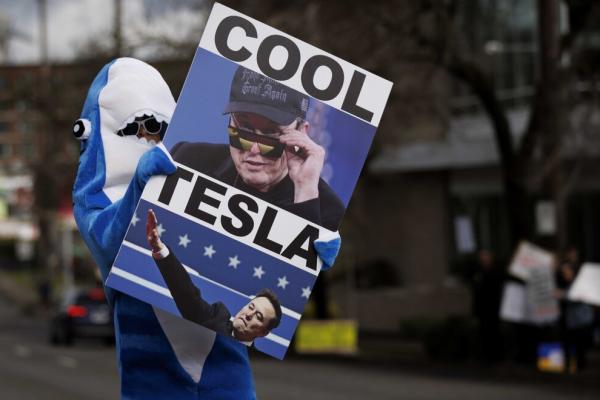Mar 27, 2025
For a Christian, standing up to oppressors isn't just a way to love the oppressed. It's also a way to love oppressors themselves by calling them to repentance.
Read the Full Article

Already a subscriber? Login

For a Christian, standing up to oppressors isn't just a way to love the oppressed. It's also a way to love oppressors themselves by calling them to repentance.
